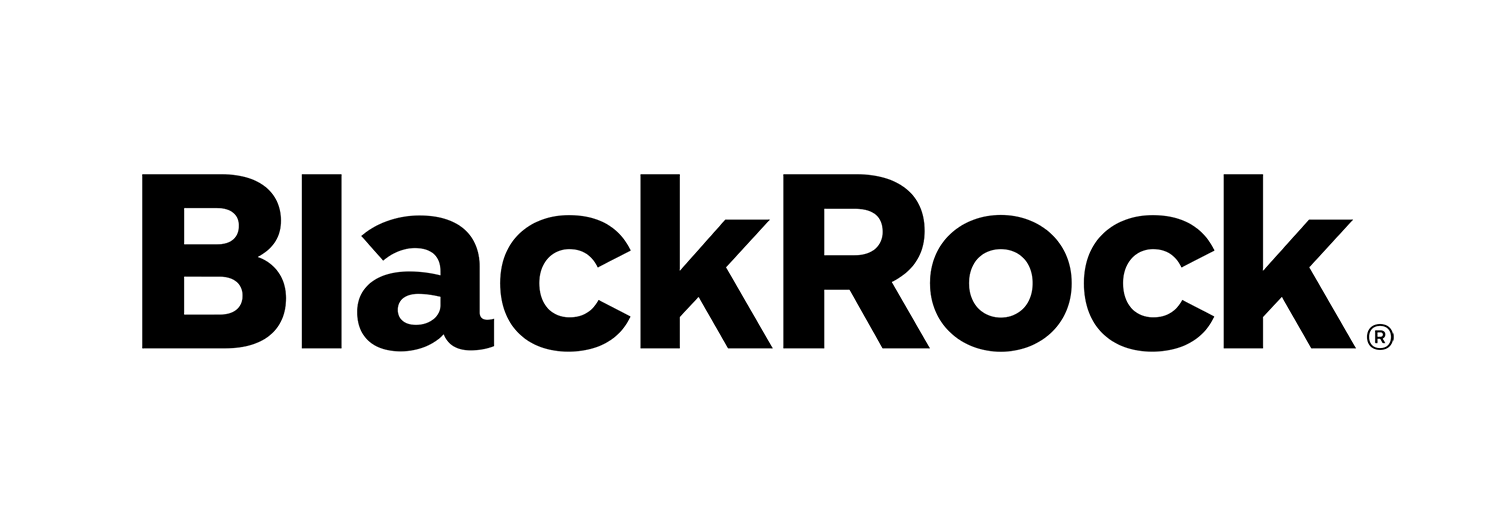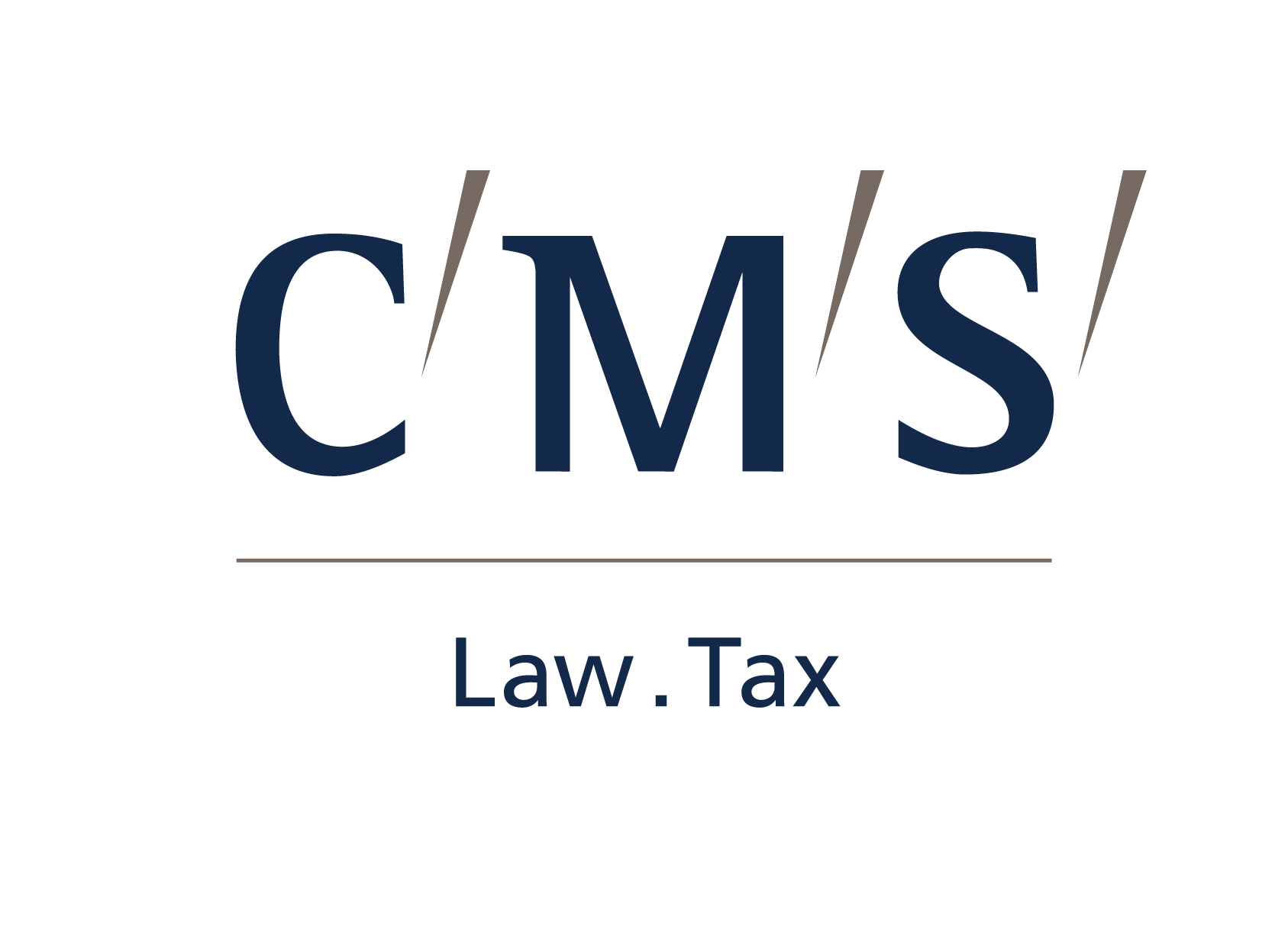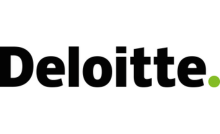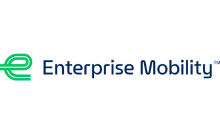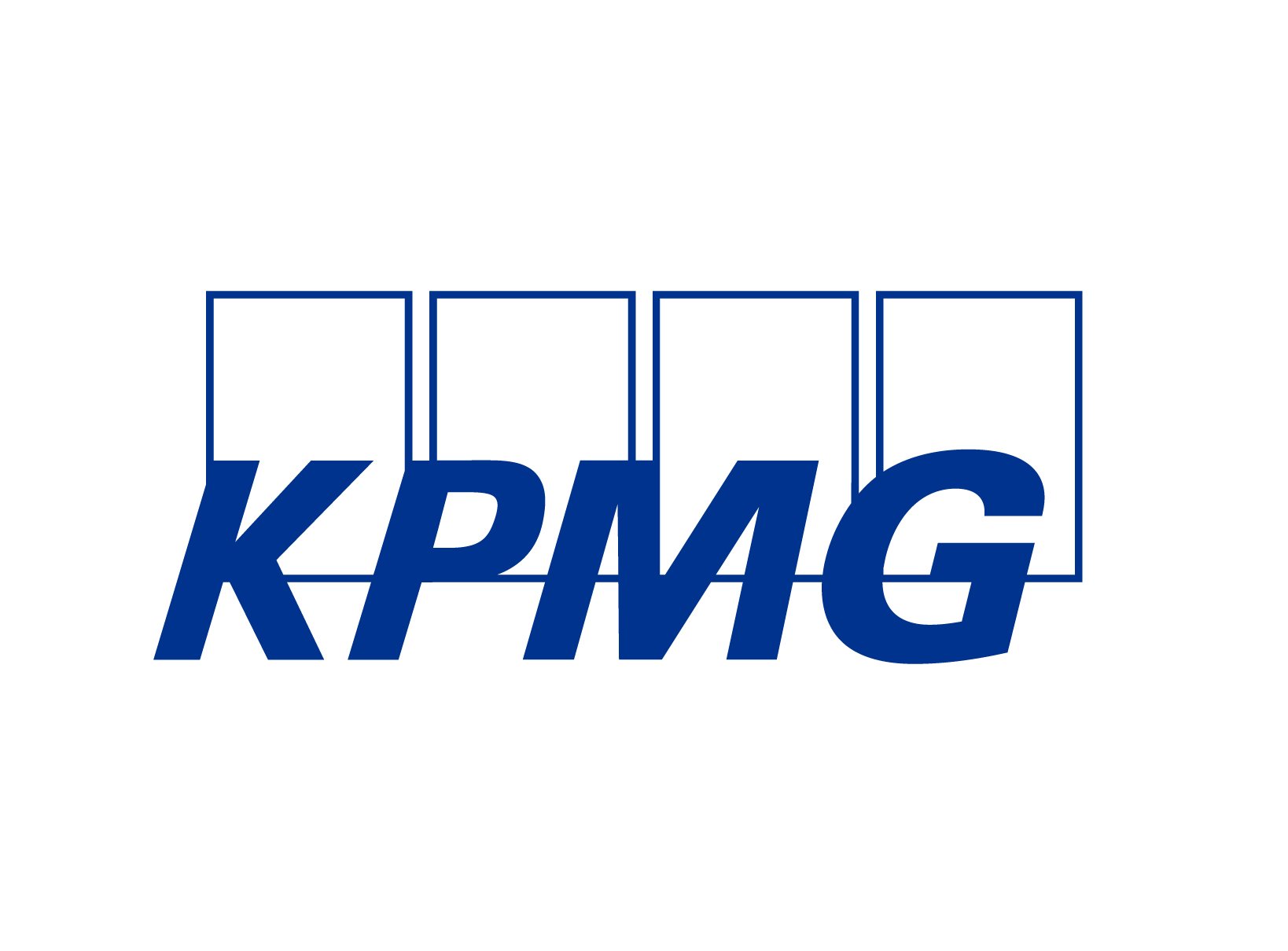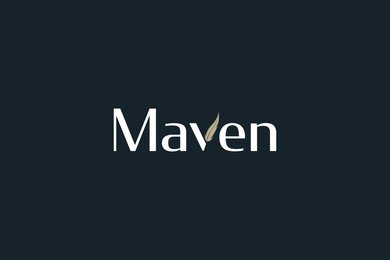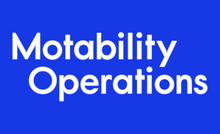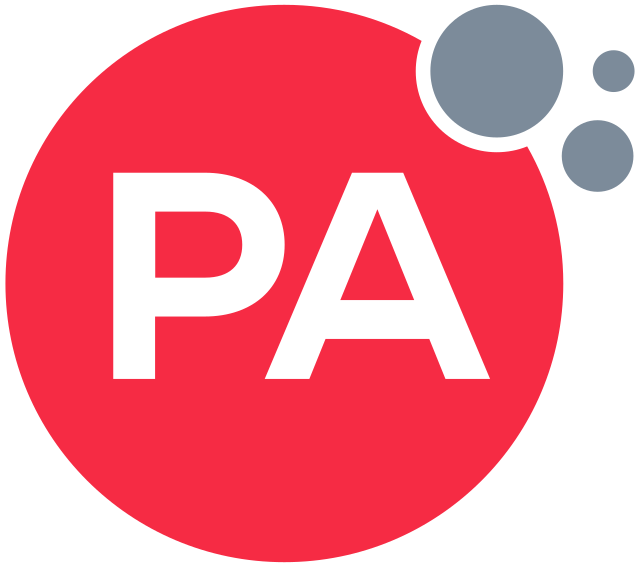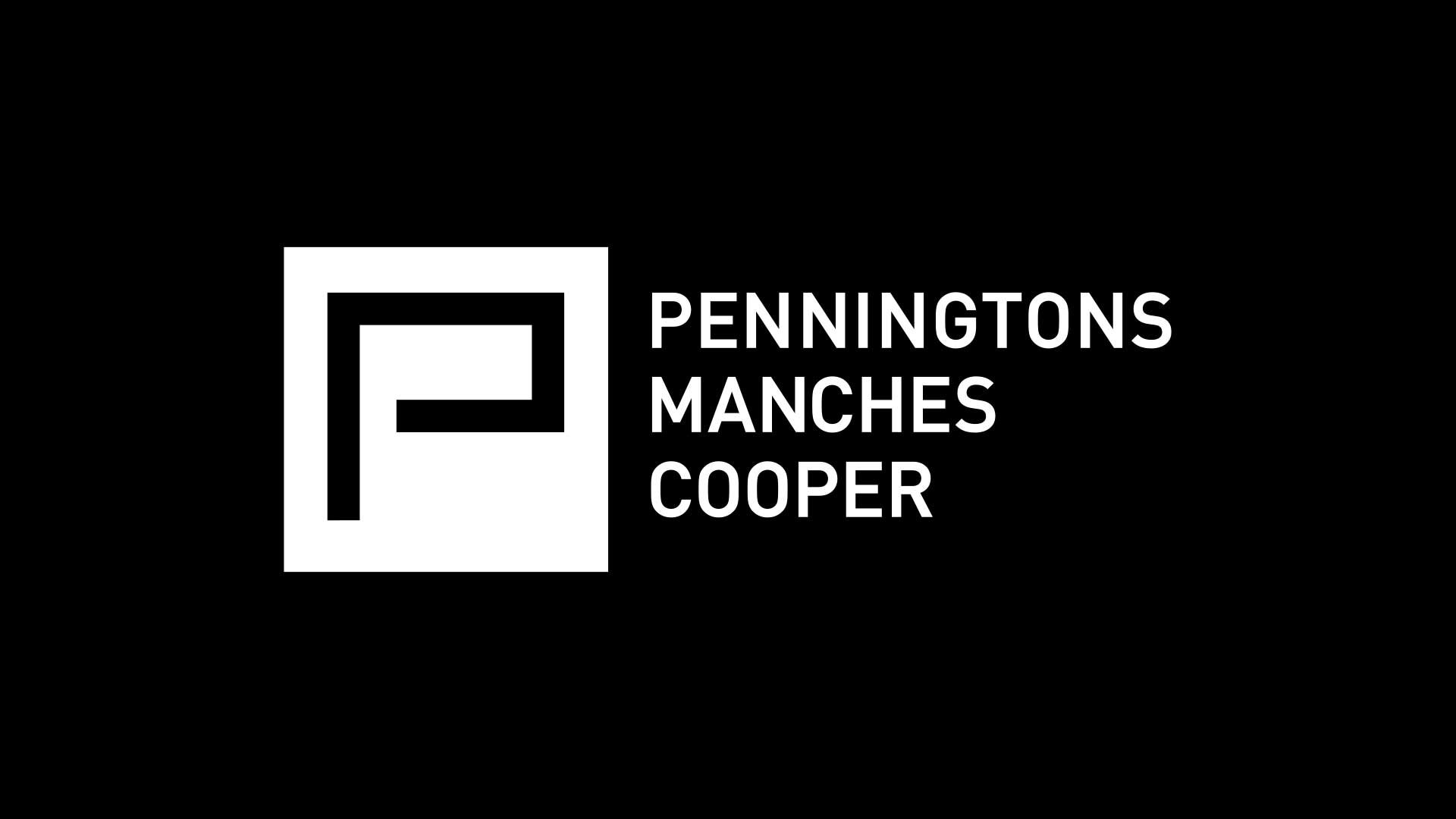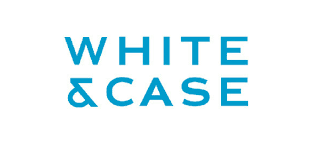Hosted by EY
Event summaries are usually written by us, however for this event we had in attendance Henry Davies from 106 Communications who wrote up such an excellent account we don’t think we could have done it better ourselves!
Disability and the fear of putting your foot in your mouth…
Author Henry Davies, 106 Communications
More than 13% of students today have a disability. That’s potentially 1 in 8 of students who will apply to employers for a job.
Disability no longer applies to visible or physical disabilities. It encompasses so much more – from anxiety and depression to chronic illnesses, dyslexia,
So how do employers support people with disabilities through the recruitment process without putting their foot in the proverbial mouth? How can we overcome that fear of doing the wrong thing?
We attended a session run by MyPlus Consulting and the wonderful Helen Cooke to find out how.
Here’s what we learnt.
Nothing is ever black and white. There are 11 million people in the UK with a disability (and also 6 million carers as well who are impacted by disabilities). You should never assume that if someone is deaf, they want to be treated in a certain way. It’s about talking to the individual and understanding what adjustments they would like.
Ask candidates what adjustments they would like (if any); don’t ask them what their disability is. Some people don’t want to have any adjustments made on their behalf or bring attention to their disability. Again it’s about talking to the individual and understanding what they would like.
Tell candidates what the recruitment process looks like; then they can make the best decisions for them. Take your candidates through the recruitment process, and then they can tell you what adjustments they might need – and they can ask questions and put both of you at ease. And then, importantly, put in writing what you’ve agreed.
Confidentially is key. Don’t disclose any disability to others, unless the candidate gives permission. This is really important.
Train your managers. Managers need to be knowledgeable and it’s critical that you take out any bias, conscious or unconscious… This is critical because they can’t raise questions about a person’s disability and whether they could or couldn’t do the job because of it.
Make performance management about the person, not the disability. This seems obvious but when managing someone’s performance, it’s critical to focus on the person rather than the disability.
We can all be fearful of saying or doing the wrong thing – and we can get bound up by thinking that there’s always a right and wrong way of doing things. But the most important thing is to think of the person not the disability; and make the recruitment process engaging. And if in doubt, just ask. It’s always better to consult than assume.
106 Communications are a communications consultancy focused on helping organisations to engage their employees and build reputation from the inside out. They have the expertise, creativity and insight to make communications truly effective, inspiring and enjoyable. Fundamentally it is their belief that great communication inspires action.
Feedback
““Helen was very open and clear with her approach. Very engaging and interactive ””
““There was lots of opportunity to discuss common issues and concerns across multiple industries””
““I gained a better understanding and level of knowledge to help recruitment and make adjustments for candidates with disabilities “”
““I now know how to act in a situation with best practices in various situations””









